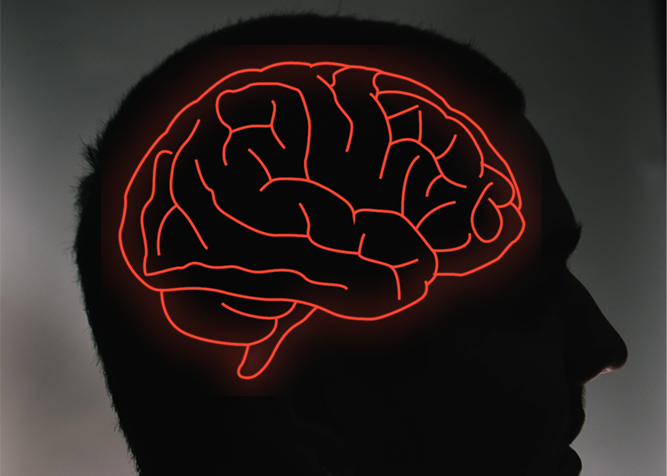Personality tests make students think about themselves
The prevalence of online personality tests has resulted in an abundance of ways that students can identify who they are––accurate or not.
Personality test are incredibly popular, whether they be the Myers Briggs, the Enneagram, or Buzzfeed, and they allow people to take a look inside themselves, even if it’s not accurate.
Pick your favorite vacation spot. Choose which color is your favorite. Select which menu item you would eat for your last meal. And in under 10 seconds, you will know just which “Friends” character, ice cream flavor, or shape you are. These online quizzes provide anyone who is willing to spend 3-5 minutes a glimpse inside themselves.
Ranging from the more formal Myers Briggs personality test, which is centered around finding the differing psychological preferences and how the test taker perceives the world around them and makes decisions to the less professional and very creative quizzes from the likes of Buzzfeed, 70% of students admit to taking these quizzes. Here at BSM, the quizzes are not only used for fun, but the counselors have students use a personality quiz on Naviance sophomore year.
“The personality assessment that BSM students take sophomore year is called “Do What You Are” and it is found in Naviance. This assessment is based on the famous Myers-Briggs Type Indicator that theorizes that there are 16 different kinds of basic personality types in human nature. In high school, students are able to see what kinds of colleges and careers are most popular for people who have their type of personality. Many businesses have their employees take the Myers-Briggs Type Indicator in order to help them work better and have less conflict with their fellow employees. Marriage counselors also use this assessment. The Myers-Briggs Type Indicator was developed in the 1940’s and 50’s and has a lot of credibility for being a useful tool for people to better understand themselves and others,” Counselor Fran Roby said.
Aside from providing students insights into who they are, they also provide them with a rough idea of how others see them. “I [like taking the quizzes] because I like to know how I’m seen, because I only have a self-image of myself… I don’t know how outsiders see me… so it’s cool to know,” junior Sarah Corneliuson said.
The idea of finding out what kind of person someone is what draws many to the personality quizzes. Much of the interest stems from wanting to see if the results are accurate, whether the results are serious or not. “I took a quiz the other day that was going to tell me [if I am] personality A or B… I got A, which is not true… [I wanted to] be a mixture of A and B,” freshman Gebby Simpson said.
However, most students don’t take these quizzes too seriously. Quizzes that reveal what percent beauty guru they are or who wears the pants in their friend group aren’t mean to be taken seriously. “It’s just fun and not really serious, it’s fun to see results based on ridiculous questions,” Corneliuson said.
These quizzes, which are often made by unpaid community members, have brought in $300 million in revenue in the past year according to Slate. These quizzes, which are used to pass time and find out interesting pieces of information, have become a center of the Buzzfeed company, but these same personality quizzes have resulted in the layoff of numerous employees. In an interview with Slate, Rachel McMahon, one person who contributed for free to Buzzfeed, admitted that she would turn over 40 to 50 of these random personality style quizzes a month.
But Buzzfeed isn’t the only site out there with quizzes. Popular now are assessments like 16 Personalities and the Enneagram. In BSM’s Christian Prayer and Spirituality class, religion teacher Mr. Jeremy Cramer has students take the Enneagram test. “I get some mixed reactions. The general spectrum is one end of the spectrum is students who take it are excited and eager and kind of fascinated by learning more about themselves… The other end of the spectrum is students aren’t reluctant to do it, but they are a little bit weirded out by this mechanism for understanding who they are…” Cramer said.
Although some of these quizzes seem accurate, they are not meant to be taken seriously. “All are not accurate. Many Research psychologists are very lukewarm on the Myers-Briggs and other personality tests. Many have a higher regard for the Big 5 Personality Inventory. The more specific these personality tests claim to be the less you can rely on the accuracy. It’s no more reliable than your horoscope,” Psychology teacher Mr. Ken Pauly said.




































![Teacher Lore: Mr. Hillman [Podcast]](https://bsmknighterrant.org/wp-content/uploads/2025/03/teacherlorelogo-1200x685.png)






